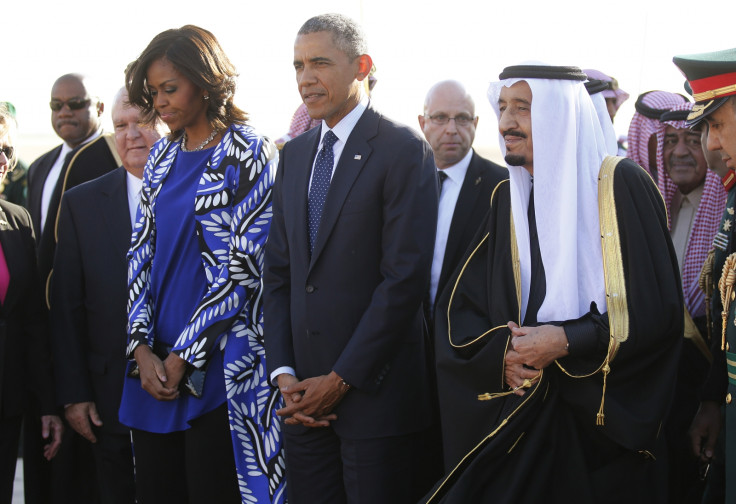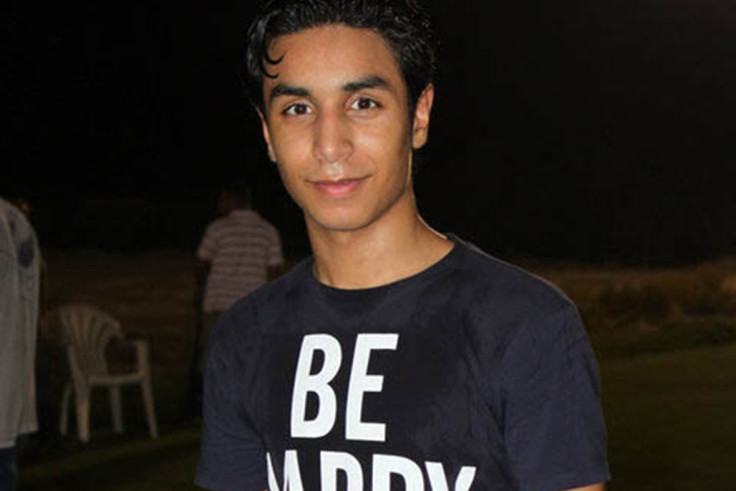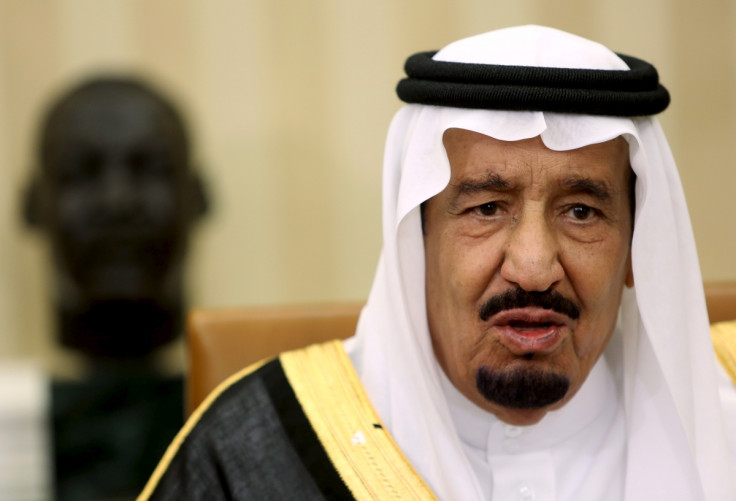Barack Obama and the West have abandoned their ally Saudi Arabia - but they will regret it

Saudis have recently taken to describing President Barack Obama using an Arabic phrase "tarajala unn faras addiblumasiah" which, roughly translated, means: "He (who) alights from the horse of diplomacy". Or to be blunt: he who has forgotten what it means to be president and is instead behaving like an ordinary man.
It follows Obama's recent interview in The Atlantic, in which he described some US allies as "free riders". Saudi Prince Turki Al-Faisal was especially offended, and although Obama did not single out Saudi Arabia the interview confirmed most Saudis' fears that the US president has betrayed Saudi Arabia amidst growing Western hostility towards the kingdom.
Ever since Obama described Saudi Arabia as a "so-called ally" before becoming president Saudis have been sceptical of his commitment to Washington's relationship with Riyadh. But many who watched Obama's conciliatory speech to the Muslim world from Cairo in 2009 were hopeful the US would reverse its disastrous strategy towards the Middle East.
However, much to their bewilderment, Saudis found themselves relegated to the status of the red-headed stepchild at the family picnic while Obama courted and then secured a nuclear arms deal with Iran. They could only stand by and witness with incredulity as Washington embraced as an ally a nation that barely hides its role in state-sponsored terrorism and its support of Bashar Al-Assad's murderous regime.
Washington found a new best friend by gutting its long-standing friendly relationship with the Gulf States, led by Saudi Arabia.
Adding further insult to Saudis, Obama equated Indonesian women wearing the hijab to Islamic fundamentalism because Saudis "funnelled money" to radical imams to "teach the fundamentalist version of Islam". It was a slap in the face to every Muslim woman who considers it her right, her choice and a demonstration of her piousness to cover her hair.
Lost in all this noise is the failure of Saudi Arabia's critics to acknowledge the burgeoning Islamic feminist movement among Saudi women.
These are the words, just about any Saudi citizen on the street will argue, of a man who fails to understand the vital nature of diplomacy between nations. He has abandoned his obligation to the office of the presidency to speak crudely about an ally as if he were gossiping with his neighbour over the backyard fence.
Obama's inelegant remarks and very public attitude toward Saudi Arabia also reflects the growing vitriol in the American media directed at the kingdom. Seemingly forgotten is the vast counterterrorism intelligence apparatus that Saudi Arabia shares with the CIA and the FBI. Saudis are waging their war against the Iran-backed Houthis in Yemen with the blessing of the White House. They created the 34-nation Islamic Military Coalition as a counterterrorism measure. Last month, the government offered to send ground troops to Syria.
Saudi loyalty, however, is ignored. Media fascination with Wahhabi Islam puzzles Saudis. How do the teachings of Muhammad ibn Abdul Wahhab, who is regarded as a mere footnote in Saudi and Islamic history, gain such traction in the West's insistence that it is the root of the modern terrorist movement? Conspiracy-minded Saudis, and there are more than a few, argue that Wahhabism influence is a Western invention to create a bogeyman to explain the source of jihadi militants.

Neither can they fathom the West's schizophrenic attitude toward the hijab, the symbol of oppression to many Western feminists who want to free Muslim women from patriarchal oppression (a notion many Saudi women embrace). Yet they want to deny Muslim women the choice to wear a garment that honours and respects God. To Saudis there is more than a whiff of hypocrisy with the employment and wage gap between American men and women, shuttering Planned Parenthood clinics that provide basic medical services to women and the misogynistic tone on the Republican Party presidential candidates' campaign trail.
Perhaps American wrestler Mick Foley put it best in 2011. When Fox News Redeye host Greg Gutfeld complained about the victimization of women in Muslim countries, Foley replied: "The world gets an F in their treatment of women, but we're (America) getting a C-minus and we're bragging about it."
Lost in all this noise is the failure of Saudi Arabia's critics to acknowledge the burgeoning Islamic feminist movement among Saudi women who seek only their rights granted in Islam. These are rights that many Muslim countries fail to fully provide. And certainly Saudi Arabia must share responsibility in denying some of these rights.
Read IBTimes UK's profile on Saudi Arabia: King Salman's vision is ultra-conservative – and Saudis love him for it

But the kingdom's ministries of Interior, Justice, Labour and Social Services have been chipping away at obstacles that stand in the way of Saudi women's rights. Today women have greater access and fairer justice in domestic courts, the right to be represented by a female attorney, to practise law and the right to seek employment without having written permission from their male guardian. Yet women's rights in Islam, which adheres to the principles of Sharia, doesn't conform to the Western narrative of liberal feminism.
It is evident the political winds have shifted dramatically since relations between the US and Iran have thawed. There is an eagerness among Americans that the US wean itself from Saudi oil. By doing so, the US is free, without fear of consequences, to push a more aggressive agenda targeting what it sees as Saudi Arabia's poor human rights record, particularly its treatment of the Shia population and women's rights.
Few Saudis begrudge Americans' desire to free themselves from their dependency on oil. No one wants to feel they are held hostage by another country. But to abandon Saudi Arabia loses sight of the big picture. The militant attacks in Paris, San Bernardino and Brussels are not the acts of a loose band of confederates or jihadi lone wolves killing innocents in an attempt to spread fear in the West. It's not sloppy indiscriminate killing. It's an act of war inspired by Daesh that is becoming more sophisticated and cunning with each attack.
Saudis have long abandoned hope that the US would use its resources to step in and snuff out Daesh and its followers. The country best equipped to wage a campaign against terrorists by using its vast intelligence network is Saudi Arabia. At a time when European Union leaders are urging the world's intelligence agencies to share information, the loss of Saudi Arabia as an ally would be a blow to ending extremist influence.
Rob L Wagner is an American journalist and former managing editor of the Arab News, a Saudi English-language daily newspaper. He is based in Jeddah, Saudi Arabia.
© Copyright IBTimes 2025. All rights reserved.






















